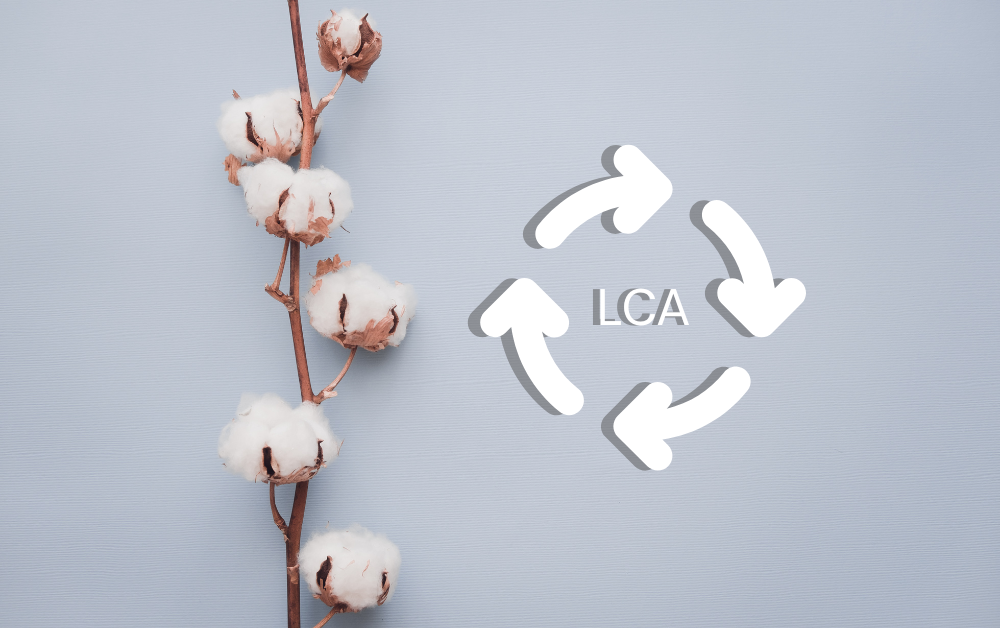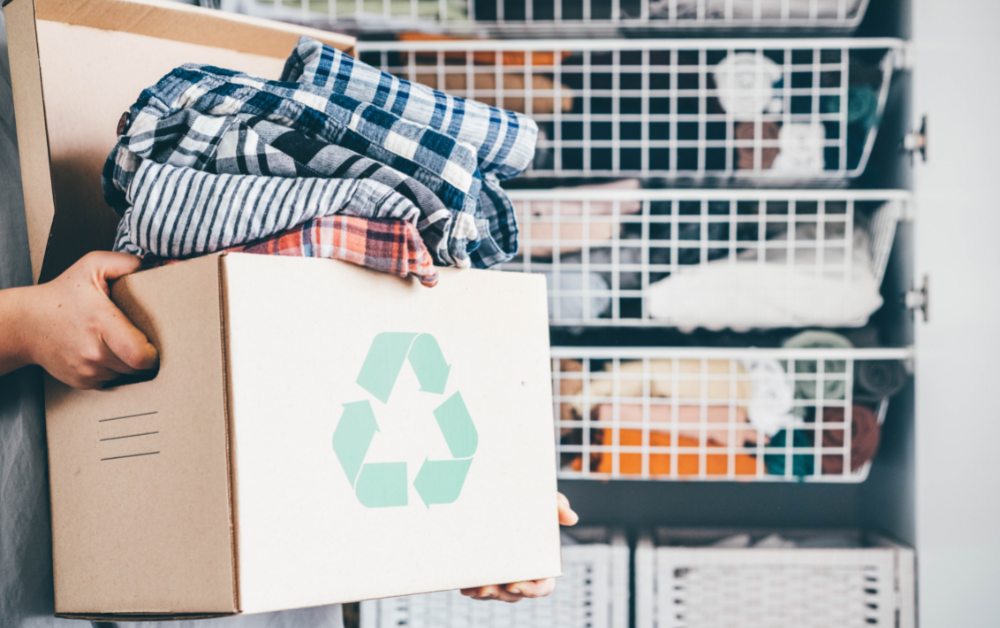What is Life Cycle Assessment, and Why is it Important?
by ajones | Dec 7, 2022 | Sustainability, circularity, retail, Textile | No Comments

According to Cotton Inc. (n.d.), Life Cycle Assessments (LCA) seek to provide a holistic examination of the environmental impacts and resources used by a specific product, from raw materials used in creation to end of life disposal. This information increases understanding about where and when a product makes its biggest environmental impact and allows for comparison with alternatives. In simple terms, LCA is made up of three phases (Cotton Inc., n.d.):
- Agricultural production (from seed to production of fiber bales)
- Textile processing (bale to fabric to cut-and-sew)
- Use (consumer use and disposal)
LCA are very involved, but they are important. ProTecht® team member Stefan Krueger explains why: “The supply chain in textiles is very complicated, has lots of moving parts, and has a lot of components that come together. Knowing the upstream picture is very important to validate that raw materials are ethical and sustainable, to confirm that resources are not being mismanaged, and to provide the brand with a clear picture so that they can communicate their current sustainability to shareholders and customers, while also making certain to not accidentally greenwash in their marketing and protect them from greenwashing allegations.”
LCA and sustainability
According to Prem Sadhwani, another ProTecht® team member, “LCA has a direct impact on sustainability as you are able to select raw material with minimum impact during production and potential to recycle.” Krueger adds, “LCA validates the level of sustainability that an ingredient or product is or is not. It also can clarify the upstream and downstream impact that the ingredient or product can have.”
When it comes to textile sustainability claims, Krueger notes, “LCA is usually done internally. Sometimes it is validated or conducted through a third-party organization. Third-party organizations are important because they allow for brands and retailers to have an increased level of trust that the information is accurate.”
Strengths and weaknesses of LCA
A great strength of LCA is that it can prevent greenwashing. Krueger notes that LCA “provides transparency through data and a clear supply chain picture that allows for brands to know how sustainable they are, how they can improve, and what they can and cannot say.” Sadhwani notes, though, that LCA are very scientific processes that result in summarized data, and the approach must be clear to avoid greenwashing. Krueger acknowledges, “The biggest issue is when a company is not a member or does not comply with any governing organization (i.e. GRI, SASB) that have specific requirements and guidelines for sustainability measuring of a corporation and also products.” He continues that when companies do not disclose that their LCA is incomplete, an LCA may appear incredible, but in reality the company is not providing the whole truth.
Companies such as Everlane and Deckers are using targeted LCA to reach their sustainability goals (Nishimura, 2021). This requires a great investment of time and money, but companies that are truly dedicated to lessening their environmental impact will likely pursue LCA as a way to move forward and make a difference.
References
Cotton Inc. (n.d.). Life cycle assessment. Cotton Today. https://cottontoday.cottoninc.com/life-cycle-assessment/
Nishimura, K. (2021, November 5). Everlane, Deckers set science-based targets. Sourcing Journal. http://sourcingjournal.com/sustainability/sustainability-news/everlane-deckers-science-based-targets-initiative-carbon-emissions-ghg-footwear-311635/

Innovation and sustainability trends in apparel for 2021
Undoubtedly 2021 shows the continued need for all fashion stakeholders–brands, retailers, and...

Textile Recycling
Textile waste continues to be a growing problem. This is caused by the popularity of fast fashion, ...

PMM Completes USDA BioPreferred Certification
We take great pride in announcing that ProTecht PMM is now certified as USDA BioPreferred. During...


